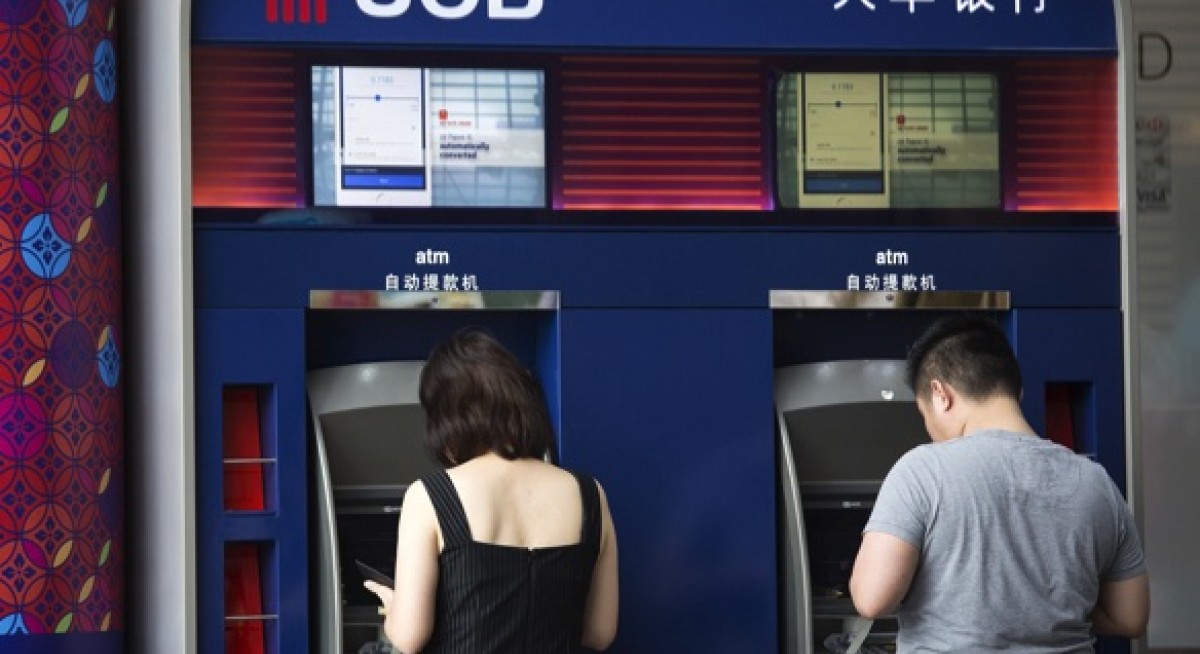Hence, analysts do not expect the trade war to pose significant risks to trade loans growth unless it escalates into an overall global slowdown.
In UOB, 50% of total loans are related to property compared to 42% at DBS and OCBC each. Meanwhile, mortgage-related loans make up 27% of total loans at UOB while building and construction make up the remaining 23%.
Due to drawdowns of previously approved loans, weakness in the property-related loan market may only be felt next year and lending to the property developer market is expected to hold up in the short-term.
To put things into context, for UOB to miss their full-year loans growth target by 1% point, housing loans and building and construction loans would have to contract 3-4% y-o-y, says Phillip Capital analyst Tin Min Ying in a Wednesday report.
Taking into account near-term uncertainties in trade and expectation of a more moderate pace in property transaction volumes, Phillip is forecasting loans growth of 8.4% and 5.9% for FY18F and FY19F respectively.
In addition, rising interest rates are not expected to have near-term impact on Non-Performing Loans (NPL) given unemployment is the driving factor on defaults on housing loans, not interest rates, says Phillip. UOB also assess housing loans using a 3.5% rate on loan repayment, higher than the current interest rate level. Average LTV (Loan-to-Value) in mortgages is 60%.
Some examples of credit considerations by UOB include approval of loan only upon certain percentage of units sold, disbursements according to percentage sales and completion, ring-fencing of proceeds from project, track record of sales history of past projects from same developer to assess potential demand of current project, haircuts on LTV to determine loan amount etc.
In addition, 80% of UOB’s loan book is pegged to floating rate, and the remaining 20% is pegged to fixed rates.
Meanwhile, the Oil & Gas sector no longer a cause for asset quality concerns. The O&G sector has stabilised, but is unlikely to see consistent recoveries every quarter, says Tin. In fact, O&G non-performing assets were brought down to 10% of its asset value as the collateral value for recovery.
“Maintain ‘’buy’ with target price of $33.70 based on the Gordon Growth Model,” says Tin.
Year to date, shares in UOB are up 3% at $27.43 or nearly 12 times FY19F earnings.




